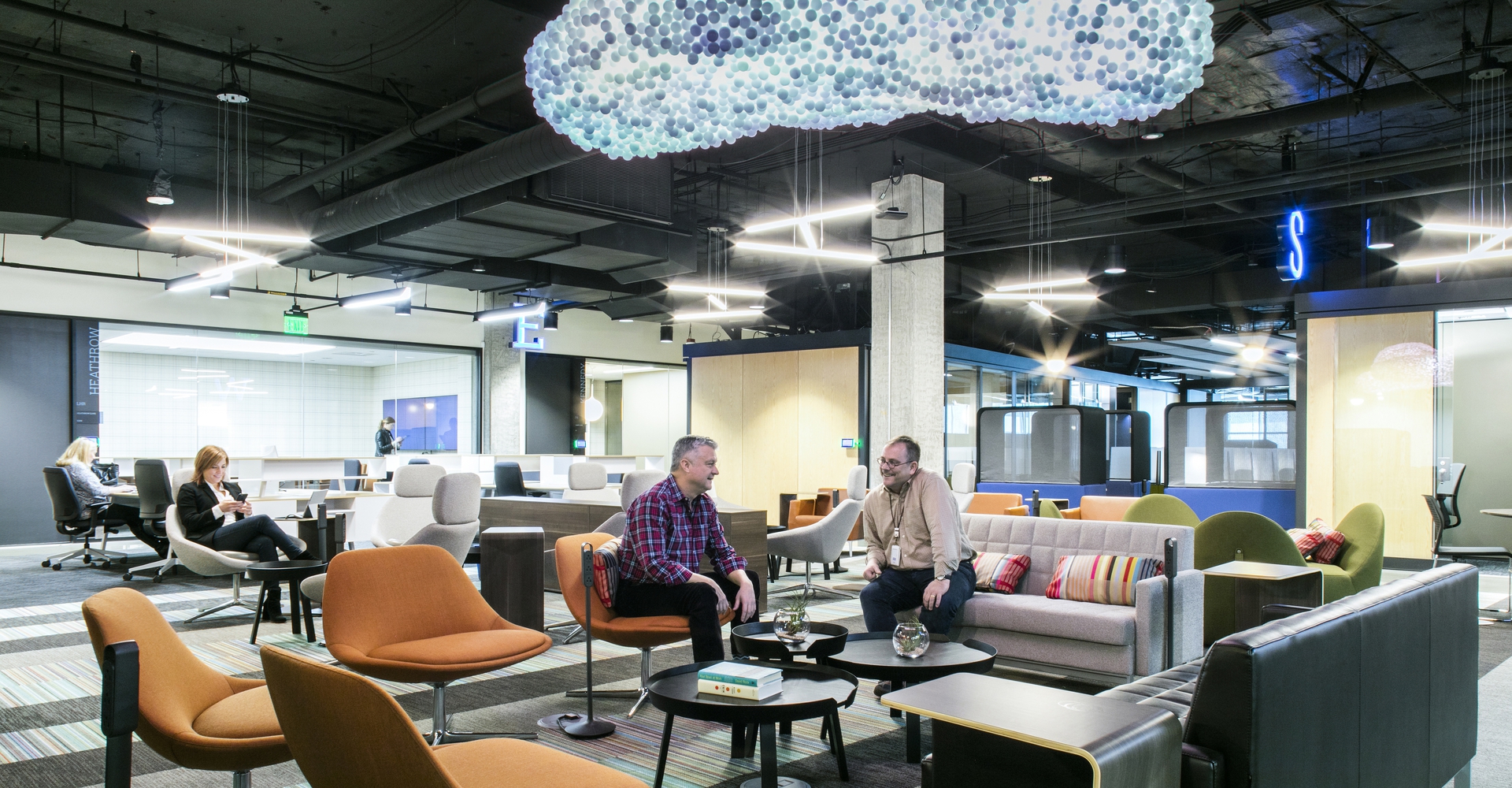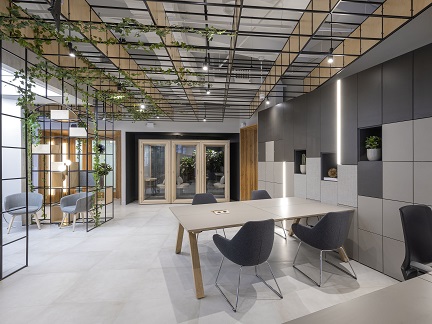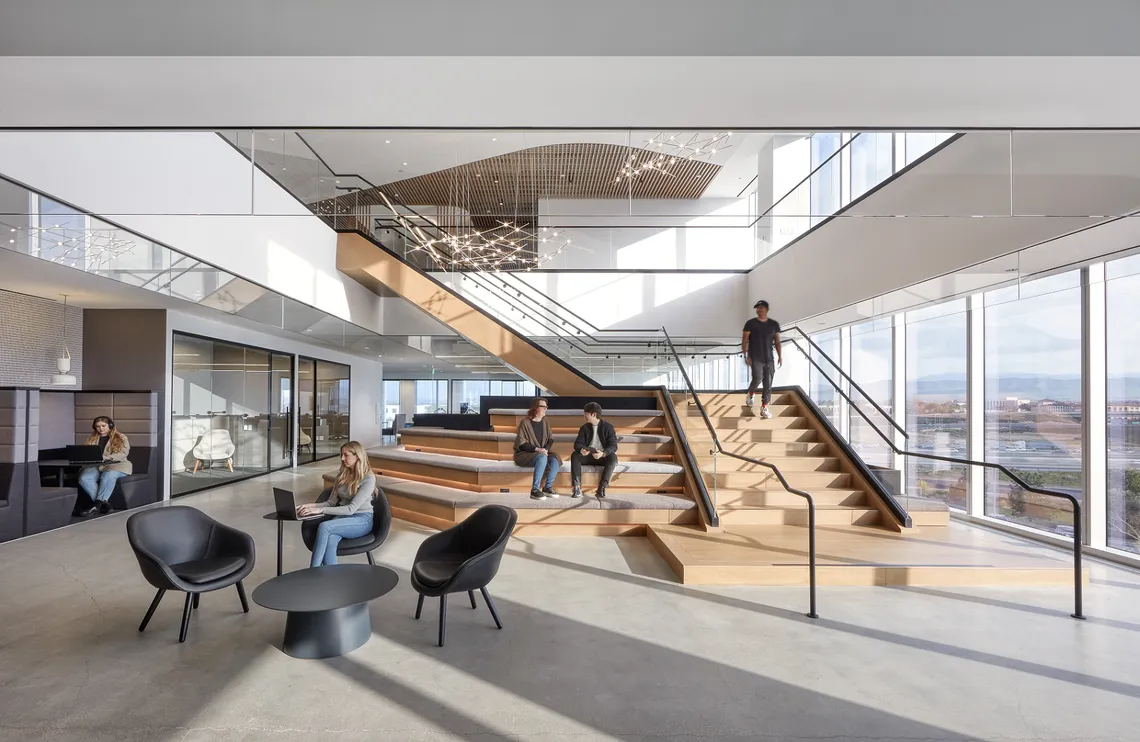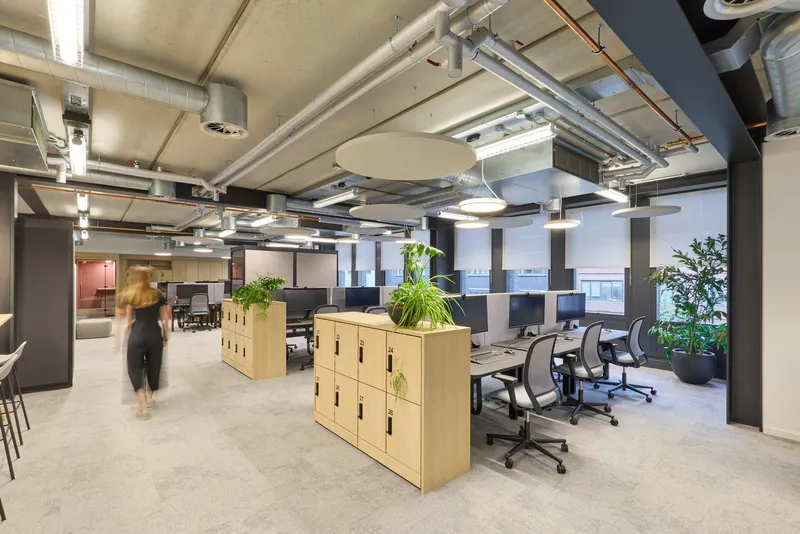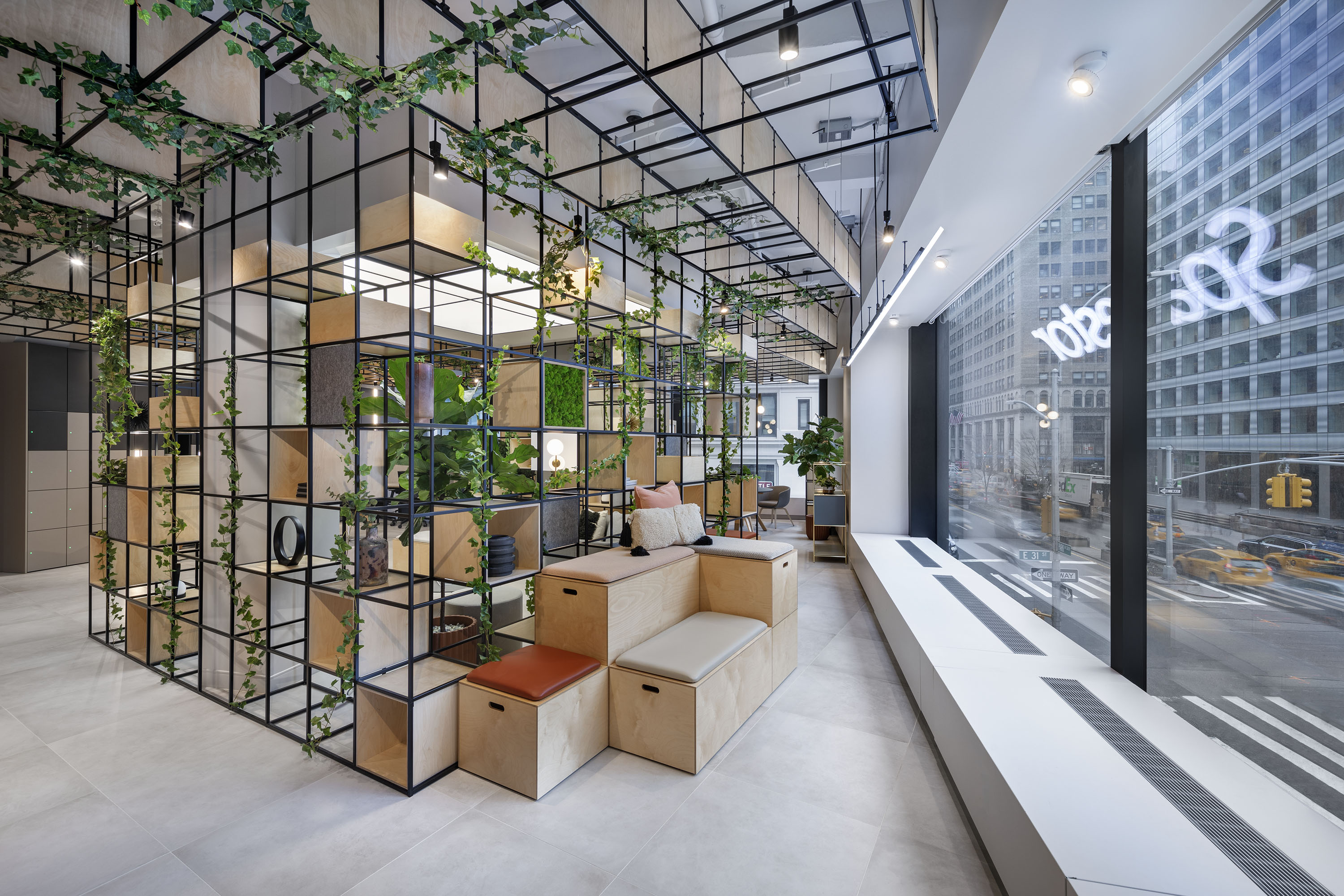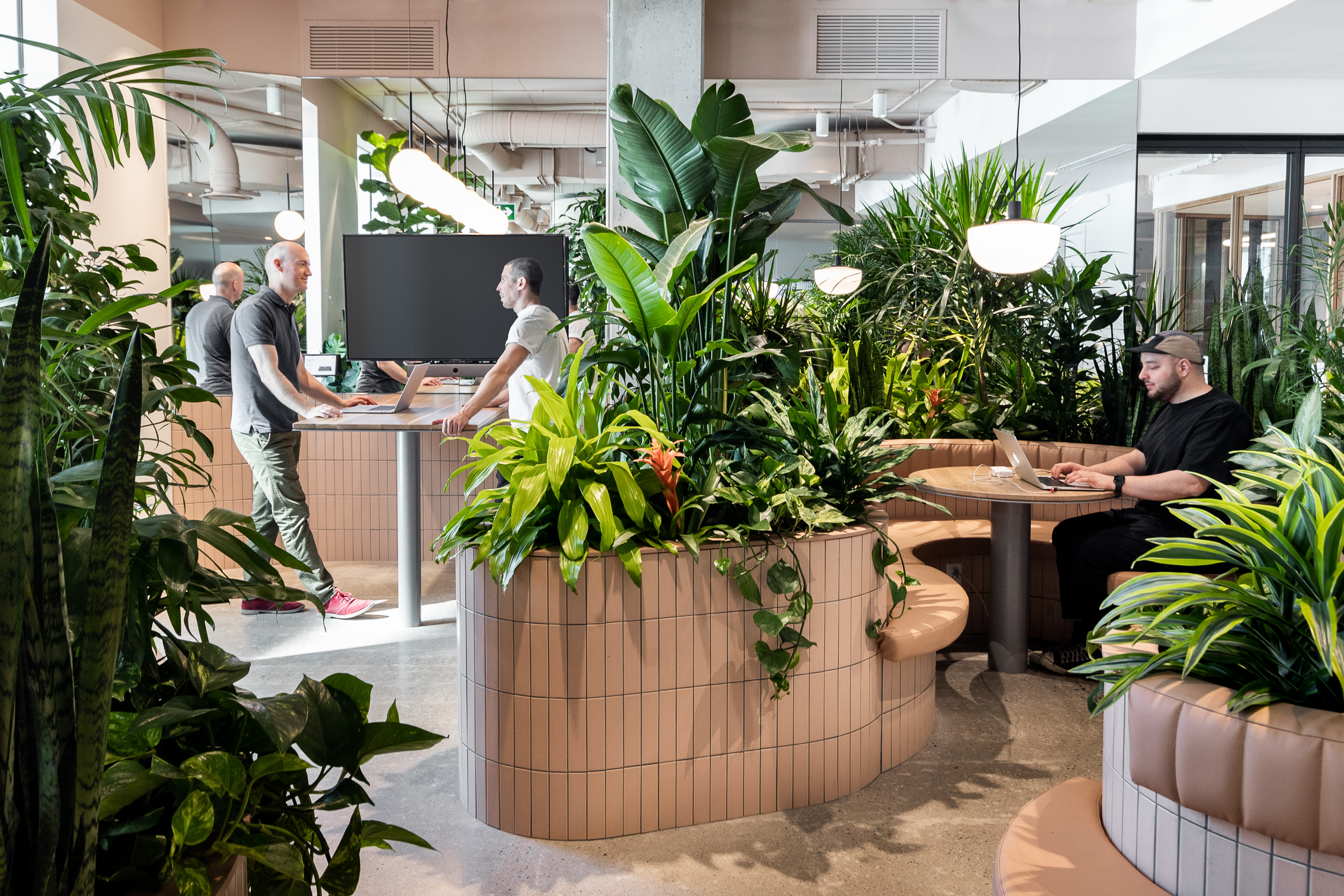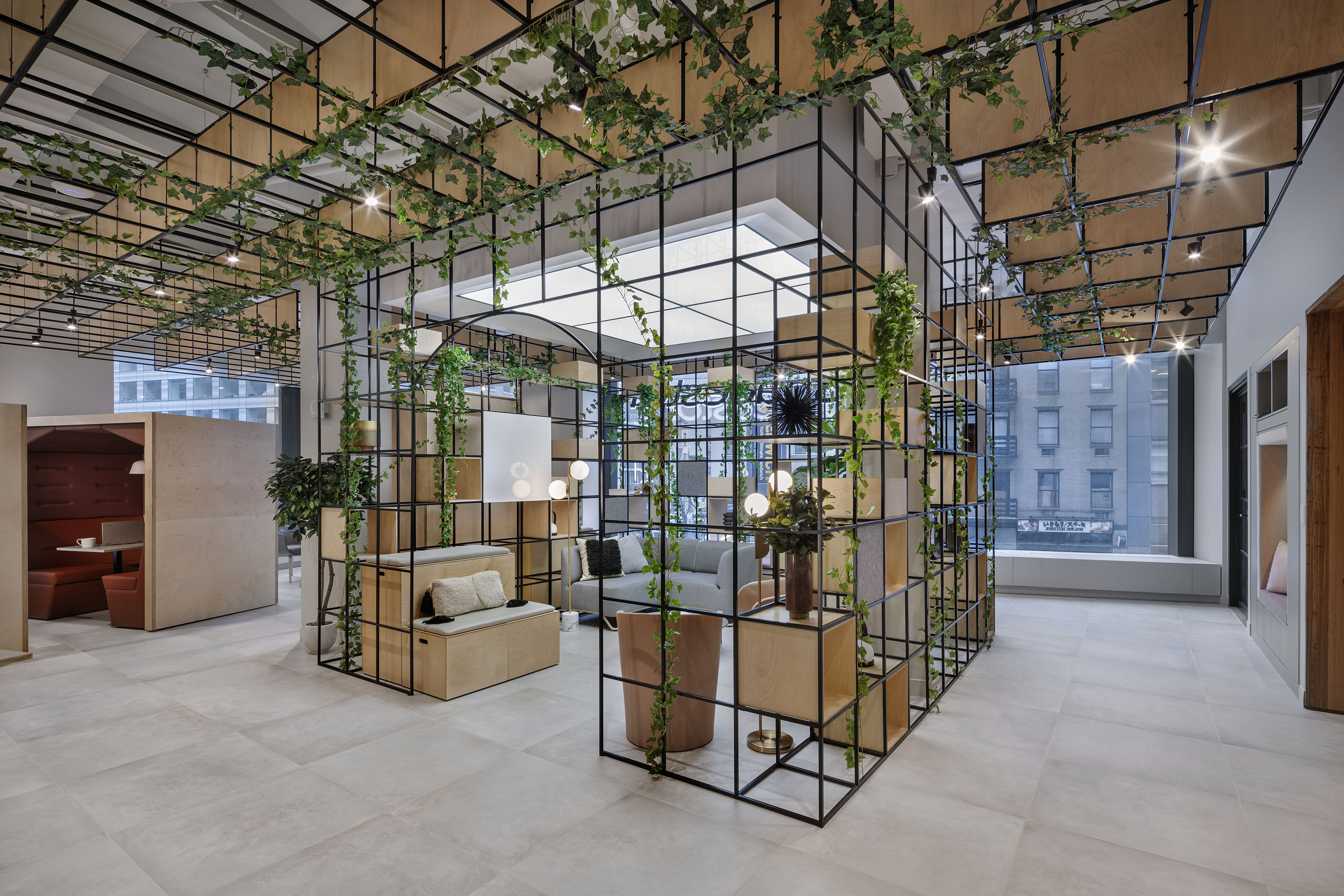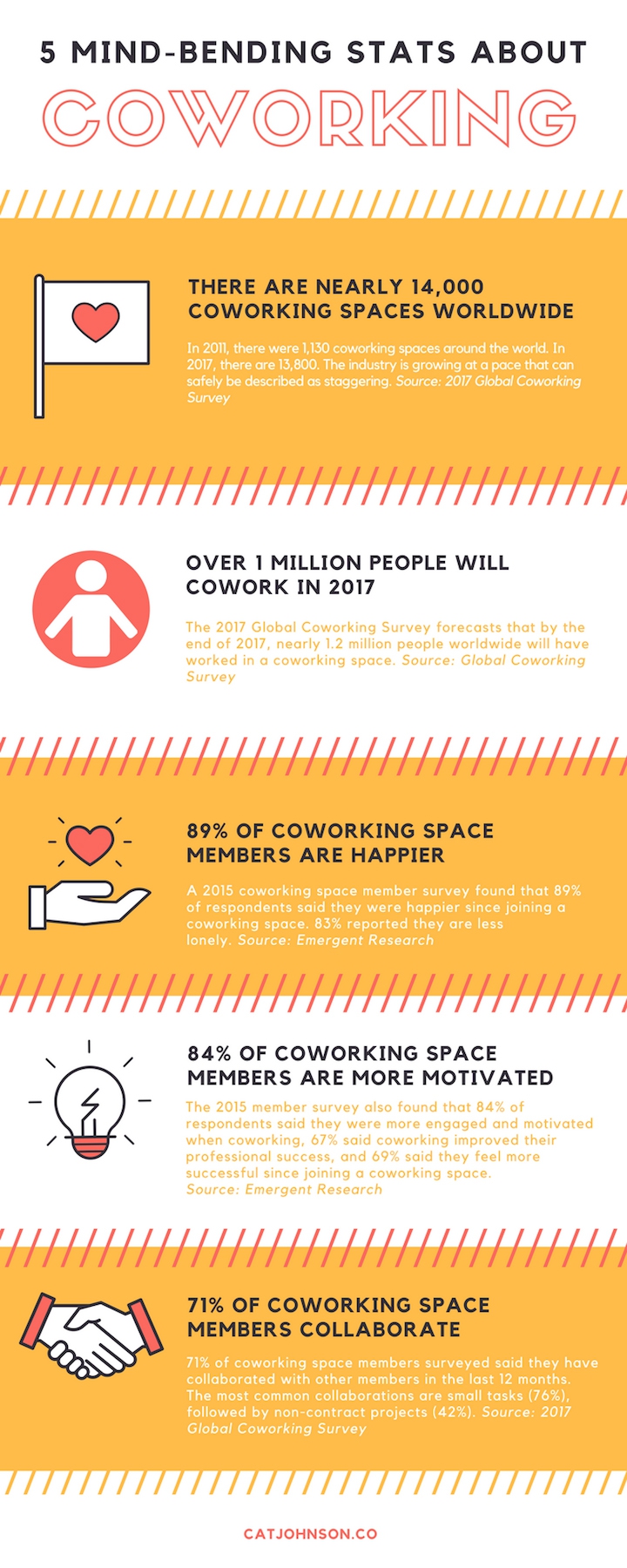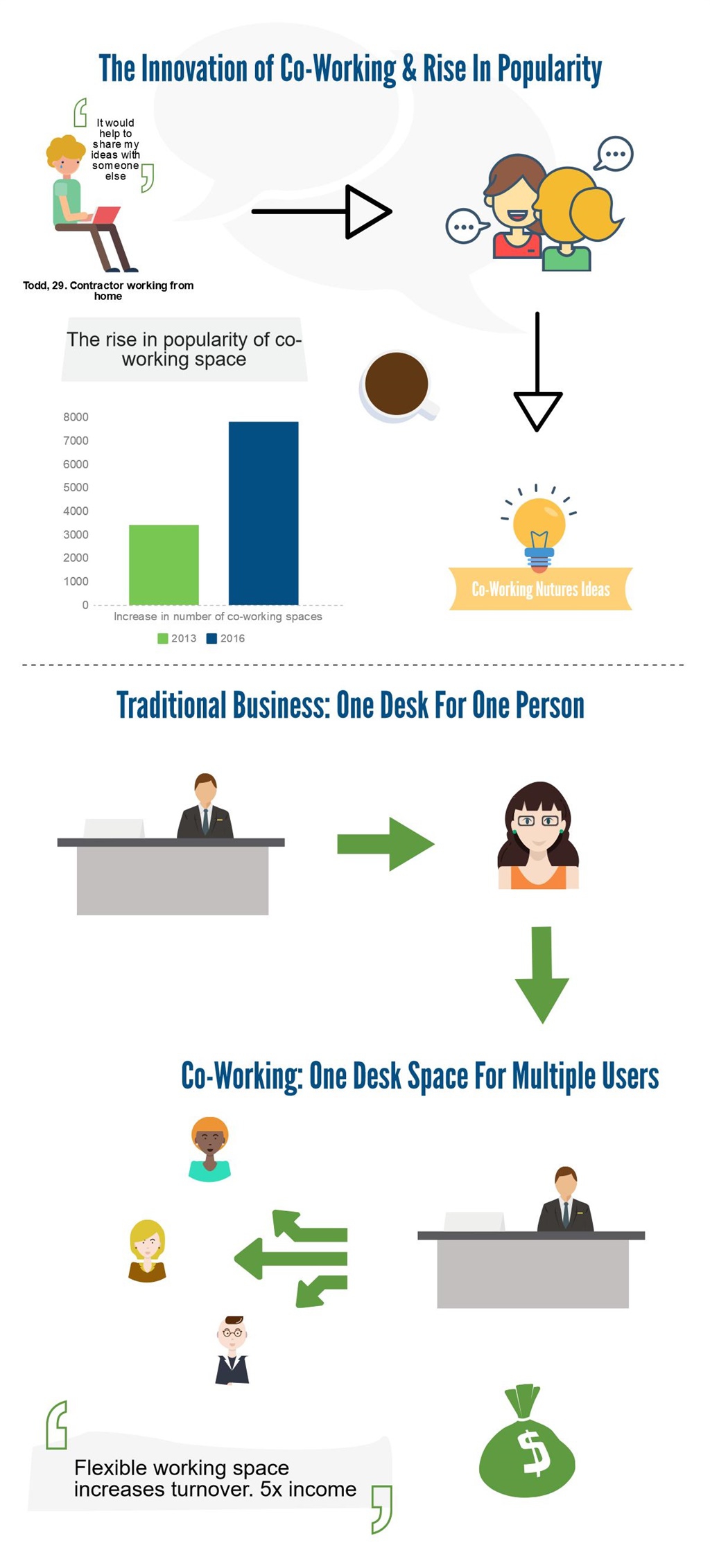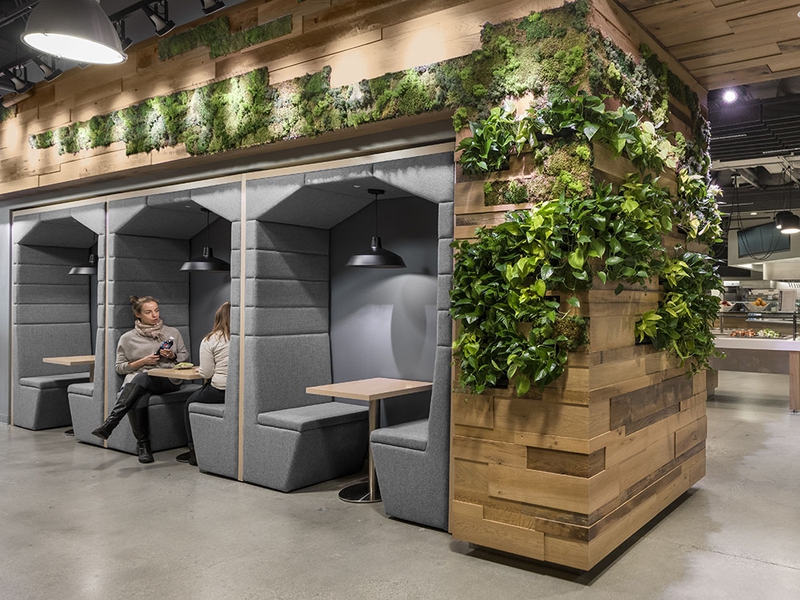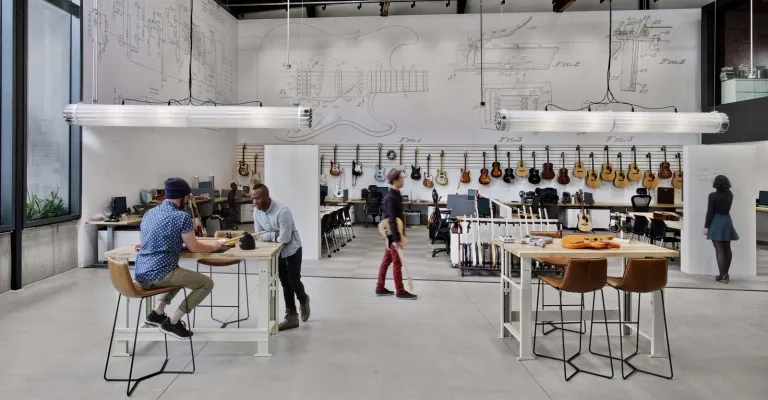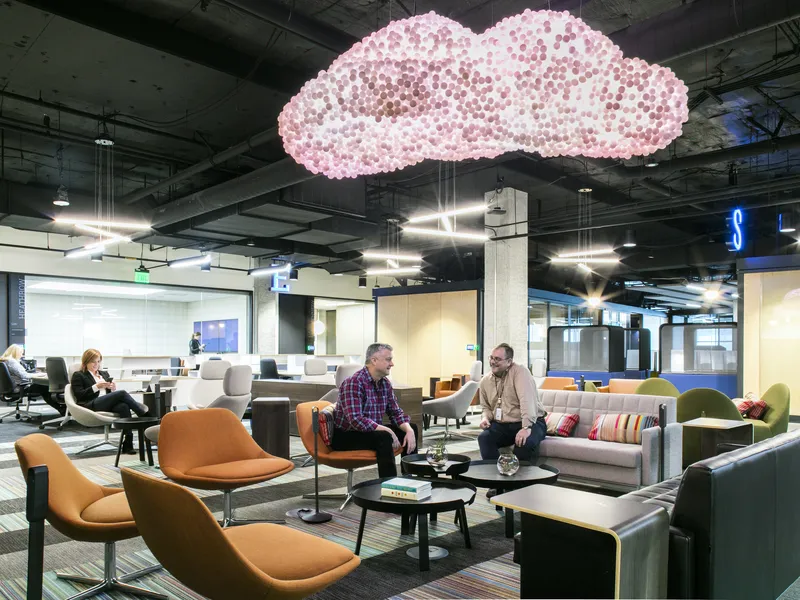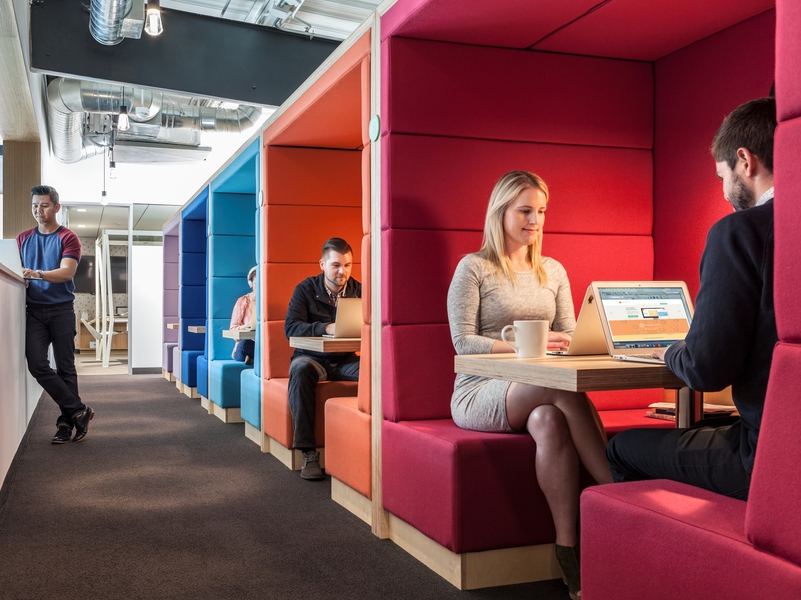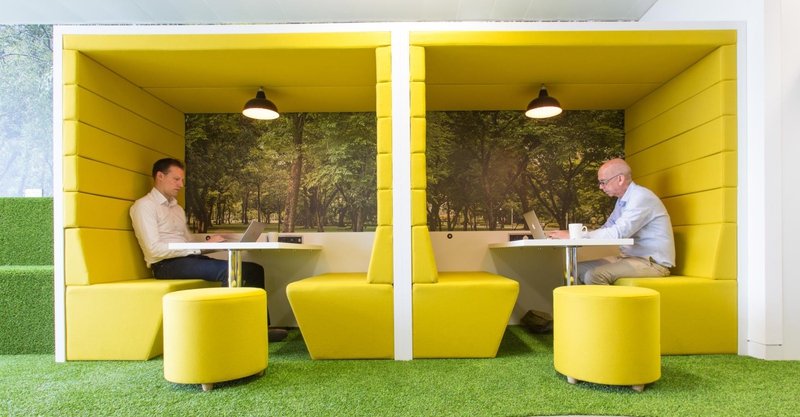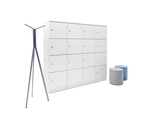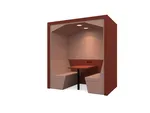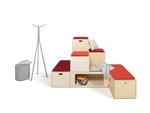23 août 2017
Tendances du secteur
*Image courtesy of ATLAS Workbase
The rising popularity of coworking spaces
There has been a huge rise in the number of people working as freelancers this decade, and with it has come a huge rise in the popularity of coworking spaces – meaning flexible office spaces that individuals or small businesses pay a fee to share. A study released by the McKinsey Global Institute in 2016 found that 20-30% of the labour force in the United States and European Union is composed of independent workers.
Other forecasts suggest that by 2020, 50% of this labour force will be freelance. Furthermore, freelancing is more popular among millennials than older generations. Clearly, the future is freelance. Because of these changes in the way we’re employed, more and more co-working spaces are being set up, expanded and improved upon. According to a survey conducted by Deskmag, the number of coworking spaces around the world has increased from 1,130 at the beginning of the decade to 13,800 and rising now.
Furthermore, Small Business Labs forecasts that the number of workers renting such spaces will grow from just over 1 million worldwide today to around 4 million in 2020, and JLL’s (Jones Lang LaSalle Incorporated) research suggests these spaces are likely to account for around 2% of the US office market by 2020. In other words, it’s a huge growth area.
The benefits of co-working spaces
There are of course many benefits to choosing shared spaces: from increased sociability to networking opportunities, to the flexibility they offer. One of the things that attracts workers to the freelance lifestyle is the prospect of more flexible hours and varied routines, and it’s important to have offices that reflect these ever-changing needs.
Thus coworking spaces tend to offer short or long-term leases, part-time packages, and even pay-for-usage plans and single-day passes. Another important benefit is that communities grow inside of them. They allow the self-employed to work alongside other like-minded people and say goodbye to their loneliness – because nobody wants to sit around working on a laptop at their kitchen table all day, it’s depressing, and nobody wants their only point of human contact to be a trip to the supermarket.
Furthermore, these communities also provide opportunities to give and receive feedback from your peers, and allow for countless networking opportunities. With such a melting pot of creatives, entrepreneurs, web designers, lawyers and more all working under the same roof, each of the different types of expertise you need to run a successful business can often be found within the space of just a few desks.
These communities are also a good place to find new clients and grow your business. Coworking spaces don’t just give us a place to work, they also change the way we work. So much so that massive organisations – for instance Lloyd’s Bank, which now allows 30% of its employees to work flexibly – have also taken to using them too, improving happiness and productivity and reducing company overheads in the process.
What makes a great coworking space?
It’s not just the people that you meet that should inspire you – it’s also the surroundings themselves. If you’re leaving full-time employment to pursue the job of your dreams, you’ll want to do it in the office space of your dreams, and co-working spaces are competing on the environments they offer more than the price.
Furniture is key here, and many of Spacestor’s designs have become staples of forward-thinking co-working spaces. When Regus , the world’s largest provider of virtual office rentals and co-working spaces, wanted to make their rentable office interiors more appealing to a younger clientele, they chose our Zee Bench desk for its unique blend of comfort, functionality and attractive design, and our HotLocker storage system for keeping personal items safe.
Likewise, when the futuristic co-working space providerATLAS Workbase opened up in the heart of Seattle, they kitted the premises out with our HotLocker Agile system of electronic lockers that can be opened by phone, card, or code and shared between team members for practicality. Alongside the sense of community they offer, and the inspiring, adaptable environments needed to attract the best tenants, well-run co-working spaces also provide all kinds of lifestyle benefits such as exercise and well-being classes, educational courses, healthy refreshments and more. And when all of these things are done right, co-working spaces are about a lot more than work: they also change the way we relate to one another, and the way we live now.
Follow us onFacebook , Twitter and LinkedIn to keep up to date with our news and insights. And take a look at our range of designs perfectly suited to the freelance and coworking world here .
Partager cet article
